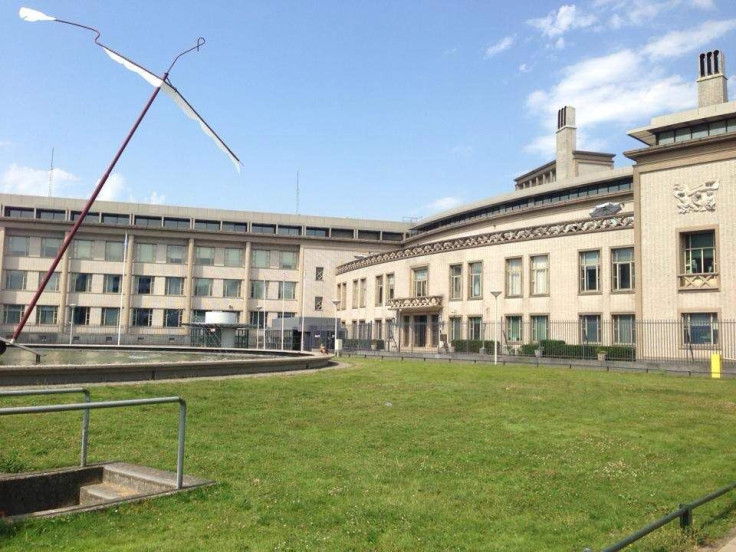Australia revealed as complicit to Indonesian massacre of 1965 by Hague Tribunal

The International People’s Tribunal at The Hague has named Australia as a complicit of the 1965-66 Indonesian massacre. It was reported that Australia, along with the United States and the United Kingdom, continued backing the Indonesian army despite knowing about the killings. The total deaths were estimated to be between half a million to one million.
The Hague Tribunal ruled Indonesia for crimes against humanity for the massacre. The current Indonesian administration was asked to apologise and investigate the perpetrators still alive; however, Indonesian President Joko Widodo refused to apologise.
The Indonesian massacre was instigated by a failed coup on the evening of Sep. 30, 1965. Six generals were killed by a group with an unknown affiliation who called themselves the 30 September Movement. General Sukarno, who then became the president, was the most senior of the surviving generals. He took control the capital and announced that the coup attempt was thwarted.
The Communist Party of Indonesia (Partai Komunis Indonesia, PKI) was blamed for the coup attempt by Sukarno. The new leadership spread rumours that the murdered generals were tortured, castrated and gouged before killed, but was disproved by autopsies.
Even so, the aggressive campaigning successfully convinced the Indonesian and international audiences were committed by the communist party. The failed coup became Sukarno’s reason to initiate the anti-communist movement. Anyone associated with the communist party were presented as accomplices to the coup.
The UK, US and Australia were found as complicit to the massacre for facilitating propaganda. The Tribunal stated that UK and Australia shared aims with the US. CIA has denied active involvement but was revealed that the US “provided extensive lists of communists to Indonesian death squads.”
Coordinating Political, Legal and Security Affairs Minister of Indonesia Luhut Pandjaitan released a statement, saying, "Our country is a great nation. We acknowledge and we will resolve this problem in our way and through universal values."
The ruling by the Hague Tribunal, however, is non-binding and carries no legal weight or consequences.





















